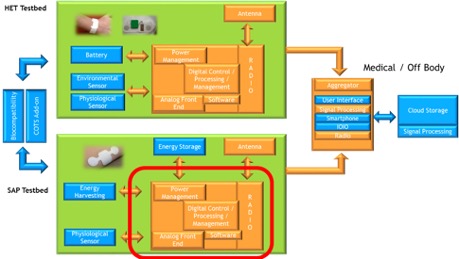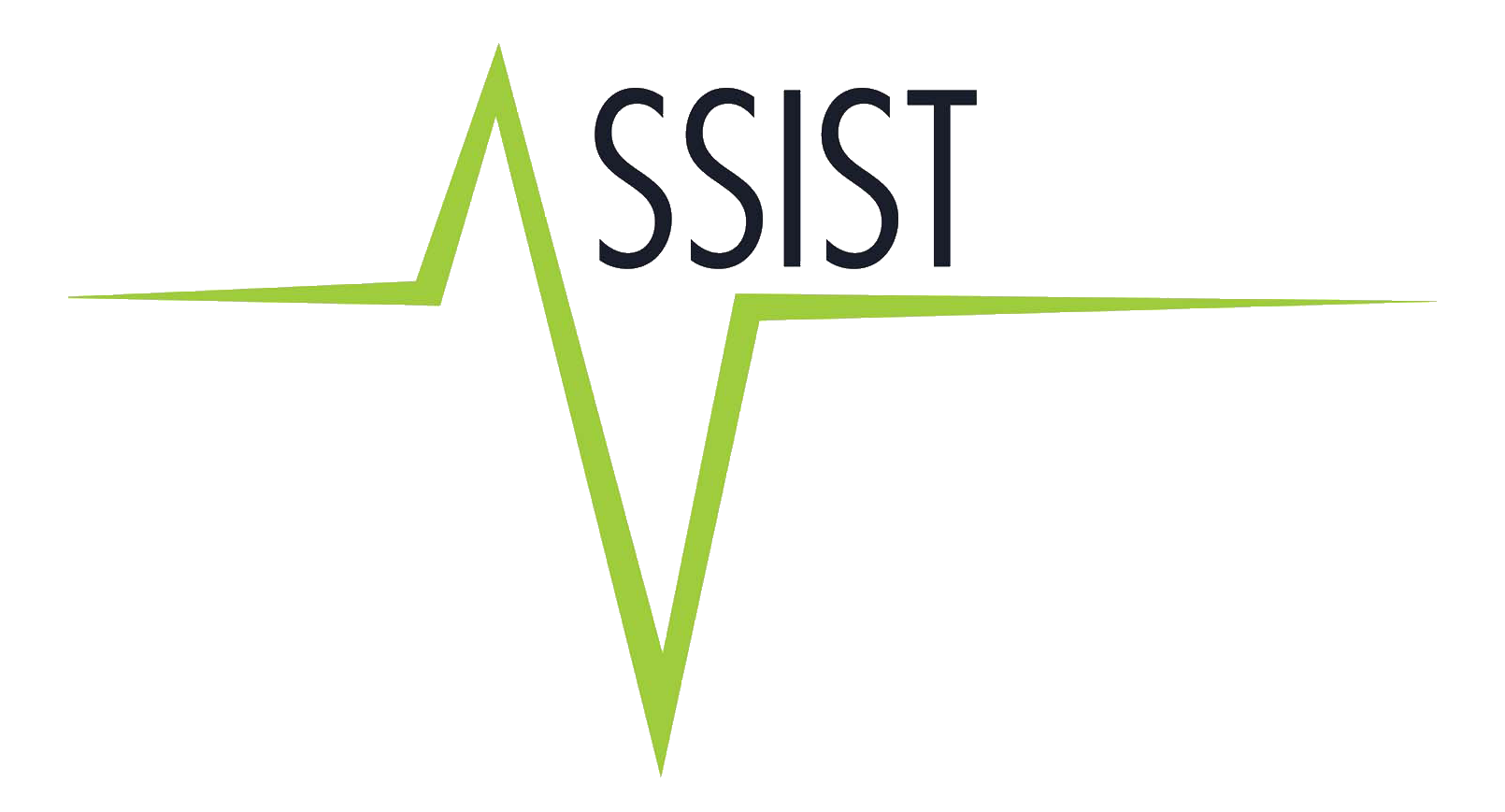ERC Marks 10 Years of Cutting-edge Research on Low-Power Systems-on-a-Chip
Outcome/Accomplishment
Researchers with the Advanced Self-Powered Systems of Integrated Sensors and Technologies (ASSIST) team at North Carolina State University, an NSF-funded Engineering Research Center (ERC), are marking 10 years of delivering cutting-edge electrical systems and components, including developing low-power systems-on-a-chip (SoC) that can be integrated into self-powered and sensing devices.
Impact/Benefits
Self-powered systems have strict energy constraints, making it important to develop components that help minimize the power consumption of SoCs. This allows for a greater degree of systems integration into health- or Internet of Things-related technologies, such as sensing and wearable devices that can monitor medical conditions in real time.
Explanation/Background
The NSF-funded Center has developed a multichip solution for the SoC-based platform. This approach allows the SoC to interface with a wearable antenna, energy harvesting sources, and even off-chip memory for storing critical data during power blackouts. The low-power SoCs also interface with external radios, which provides the flexibility to adjust communication needs in different applications.
Center researchers have also started designing smaller integration boards, fabricating an SoC with a total active power consumption as low as 3 nanowatts. The SoC is designed to fit inside a single fiber for easier textile integration that could, for example, be integrated into a bandage to provide real-time medical monitoring.
Location
Raleigh, North Carolinawebsite
Start Year
Biotechnology and Healthcare
Biotechnology and Healthcare
Lead Institution
Core Partners
Fact Sheet
Outcome/Accomplishment
Researchers with the Advanced Self-Powered Systems of Integrated Sensors and Technologies (ASSIST) team at North Carolina State University, an NSF-funded Engineering Research Center (ERC), are marking 10 years of delivering cutting-edge electrical systems and components, including developing low-power systems-on-a-chip (SoC) that can be integrated into self-powered and sensing devices.
Location
Raleigh, North Carolinawebsite
Start Year
Biotechnology and Healthcare
Biotechnology and Healthcare
Lead Institution
Core Partners
Fact Sheet
Impact/benefits
Self-powered systems have strict energy constraints, making it important to develop components that help minimize the power consumption of SoCs. This allows for a greater degree of systems integration into health- or Internet of Things-related technologies, such as sensing and wearable devices that can monitor medical conditions in real time.
Explanation/Background
The NSF-funded Center has developed a multichip solution for the SoC-based platform. This approach allows the SoC to interface with a wearable antenna, energy harvesting sources, and even off-chip memory for storing critical data during power blackouts. The low-power SoCs also interface with external radios, which provides the flexibility to adjust communication needs in different applications.
Center researchers have also started designing smaller integration boards, fabricating an SoC with a total active power consumption as low as 3 nanowatts. The SoC is designed to fit inside a single fiber for easier textile integration that could, for example, be integrated into a bandage to provide real-time medical monitoring.

